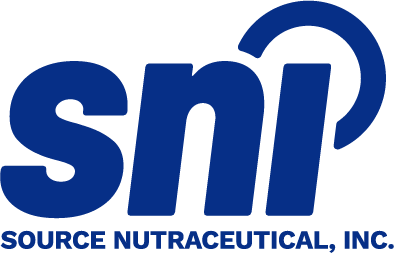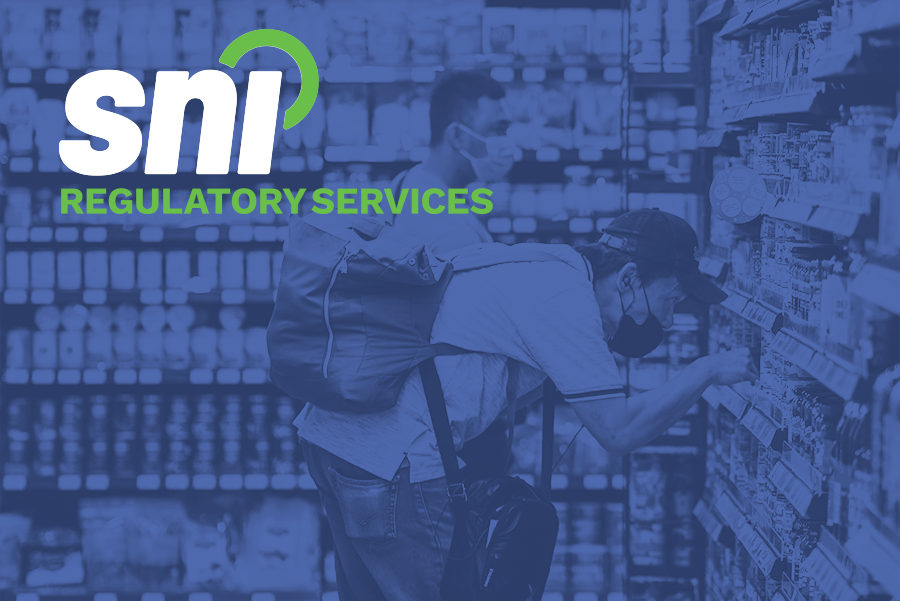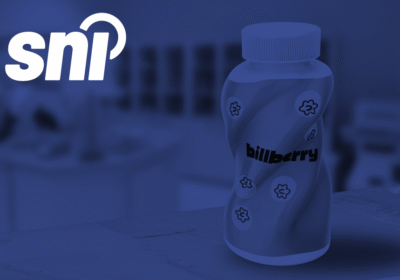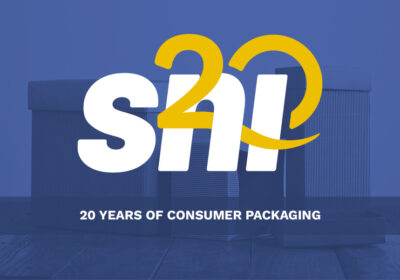Attention, Manufacturers: Shared machinery might be a cost-effective approach, but it's essential to note its potential impact on allergen labelling. Using shared machinery for multiple product types means that different types of allergens could appear as trace amounts in your final product.
These allergens might not be intentionally added, yet they could surface during laboratory testing of your product. For individuals with food allergies, even minute traces of certain allergens can provoke severe reactions.
The use of precautionary labelling (“may contain __”) cannot be used as a substitute for food allergen control procedures to prevent cross contamination. A manufacturer is responsible for ensuring they have appropriate GMPs in place to prevent inclusion of allergen(s) in their food products.
When a consumer complaint relating to the presence of potential allergens is received, the federal government will act quickly to investigate. Lab tests will be performed on a sample subset of the products, and if an undeclared allergen is found, a recall may be initiated, negatively impacting your bottom line and level of consumer trust.
On October 20, our regulatory compliance team looked at recall data for both Canadian and U.S. markets, specific to undeclared allergens in food & beverage products for 2023.
The number of recalls issued was somewhat shocking!
 CANADA:
CANADA:
146 total food & beverage recalls, 55 of which were related to undeclared allergens on the product label.
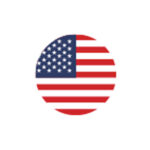 U.S.A.:
U.S.A.:
173 total food & beverage recalls, 71 of which were related to undeclared allergens on the product label.
Our consulting expertise is centered in food safety and proactive risk reduction. By assessing and managing risks associated with your manufacturing processes relative to shared machinery and allergen cross-contamination, we can help you navigate potential challenges.
